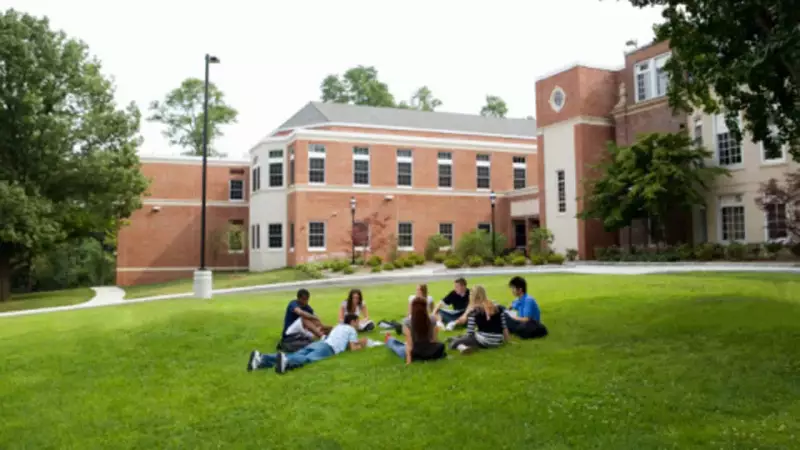
In a dramatic move that could reshape the landscape of international education, America's top universities are mounting fierce opposition against a proposed $100,000 H-1B visa fee. This staggering amount, if implemented, would represent one of the most significant financial barriers ever placed before international students seeking opportunities in the United States.
Why Universities Are Saying No
The proposed fee isn't just another administrative cost—it's a potential game-changer that could deter talented students from considering American institutions. University administrators argue that this massive fee would create an insurmountable financial hurdle for many international applicants, particularly those from middle-class backgrounds.
"This isn't just about money; it's about maintaining America's position as the world's premier education destination," explains one university representative who preferred to remain anonymous. "When you add a $100,000 fee on top of already substantial tuition costs, you're essentially closing doors to exceptional talent."
The Indian Student Connection
For Indian students, who constitute one of the largest international student populations in the US, this development carries particular significance. The proposed fee could fundamentally alter the cost-benefit analysis that families undertake when considering American education.
Currently, Indian students contribute significantly to both the academic environment and the economy of American university towns. The potential decline in Indian student enrollment would have ripple effects across multiple sectors, from campus diversity to local businesses that depend on international student spending.
What's at Stake for American Education
- Brain drain prevention: Top talent may choose other countries with more welcoming immigration policies
- Financial impact: Universities could face significant revenue losses from international student tuition
- Global competitiveness: American research and innovation could suffer without international contributions
- Campus diversity: The rich multicultural environment that defines American campuses might diminish
The Road Ahead
University associations and educational bodies are preparing for what could be a lengthy battle. They're mobilizing resources, contacting legislators, and building coalitions to oppose the fee implementation. The outcome of this struggle could determine whether the United States remains the top choice for international students or cedes ground to competitors like Canada, Australia, and the United Kingdom.
As the debate intensifies, thousands of Indian students and their families watch anxiously, hoping that reason—and accessibility—will prevail in American immigration policy.





